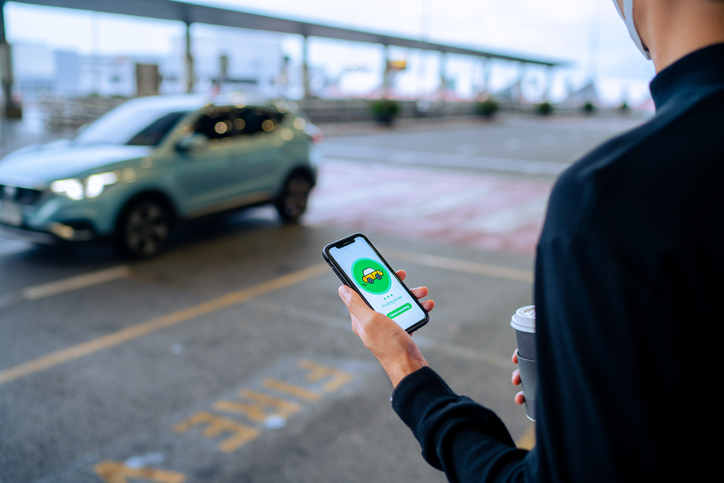In recent times, the growth of ride-sharing services like Uber has been exponential due to being able to simply summon a driver with the use of an app on our cell phones. On the driver’s side, it is also a way for individuals to earn some money even as a side job from another form of employment. However, the ease and convenience of requesting a ride with the tap of a smartphone can have its challenges in terms of legal issues that both drivers and passengers will now encounter. There has undoubtedly been a rise of lawsuits by passengers who have been the victims of car accidents while in Ubers. These legal battles often highlight contentious issues such as passenger safety, driver vetting processes, and the liability lines between the company and its classified independent contractors.
In Texas, as in most states, it is possible to sue an Uber driver directly for issues where the driver is personally responsible, such as negligence or intentional acts that cause harm. However, whether you should sue the driver directly, or whether you need to involve Uber, depends on the nature of the claim and the circumstances of the accident.
For example, if an Uber driver is responsible for a car accident while you are a passenger, and the accident is due to the driver’s negligence, you could potentially file a lawsuit against the driver directly. However, Uber provides insurance coverage for drivers and passengers when the app is in use, so the claim may initially go through Uber’s insurance policy. If the damages exceed the policy limits, or if there are other complicating factors, another option is to sue the driver directly.
Here are a few key points you will want to consider if you or someone you know has been injured while a passenger in an Uber:
- Insurance Coverage: Uber carries a $1 million insurance policy for damages per incident for its drivers. This insurance coverage applies from the moment a driver accepts a trip to its conclusion. If the accident occurs outside of these timeframes (if the driver did not have a passenger or was not on the way to pick one up), then the driver’s personal insurance may be the primary coverage.
- Employment Status: Uber drivers are generally considered independent contractors, not employees. This distinction is important because it generally shields Uber from liability for the actions of its drivers under the principle of vicarious liability. Vicarious liability laws hold companies liable for the actions of negligent employees who cause injuries to others. However, Uber is not generally financially responsible for accidents in most situations since Uber drivers are considered independent contractors.
- Nature of the Incident: The specifics of the incident will largely determine the appropriate course of action. If the driver was committing a crime or intentional tort, the circumstances might dictate a direct lawsuit against the Uber driver..
- Legal Strategy: Sometimes, even if Uber’s policy would cover the claim, plaintiffs may pursue the driver directly if they are seeking to recover a larger amount of damages under a different legal theory. This can occur when attempting to prove gross negligence or other factors that might not be covered by standard insurance policies.
- Damages Sought: If the claim is for damages that are not covered by Uber’s insurance policy or exceed the driver’s insurance coverage limits, then suing the driver directly might be the appropriate course of action.
As mentioned above, Uber carries $1 million policy coverage would be applicable in the situation when the Uber driver is carrying an Uber passenger. In this case, the driver and passenger are covered under the liability insurance policy. Additionally, if a third party was injured, such as a cyclist or pedestrian, the third party is covered by Uber’s policy when the driver was carrying a passenger. However, if Uber denies coverage, the Uber driver and passenger may still be denied by the driver’s personal insurance policy because the driver was driving for pay at the time of the accident.
Takeaway
Before deciding to sue an Uber driver, it would be wise to consult with a personal injury attorney or an attorney who specializes in rideshare incidents. They can advise you on the best course of action, including whether Uber should be named in the lawsuit, and help navigate the complexities of insurance policies and employment law as they apply to your specific case. Ceja Law Firm, PLLC has experienced personal injury attorneys who can help you understand your rights and options. We can provide an initial free consultation to help you decide if you would like to use our services.
